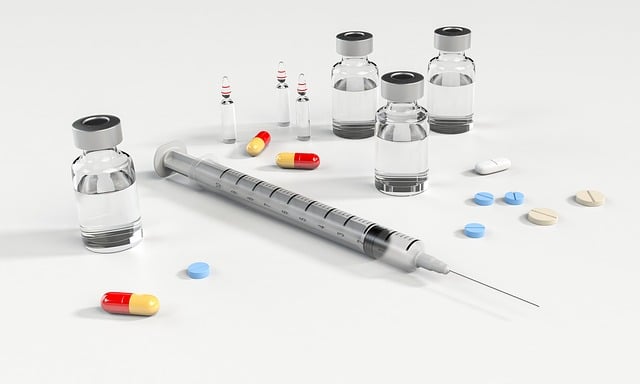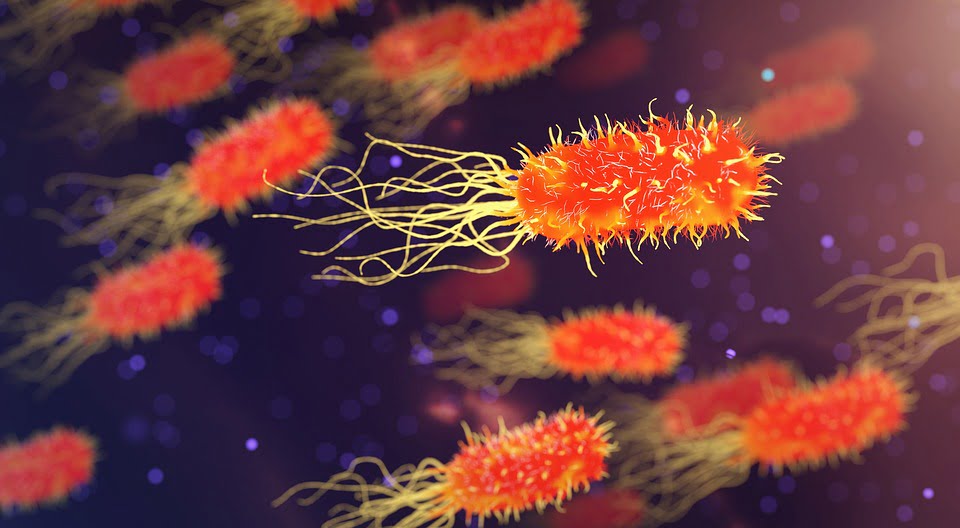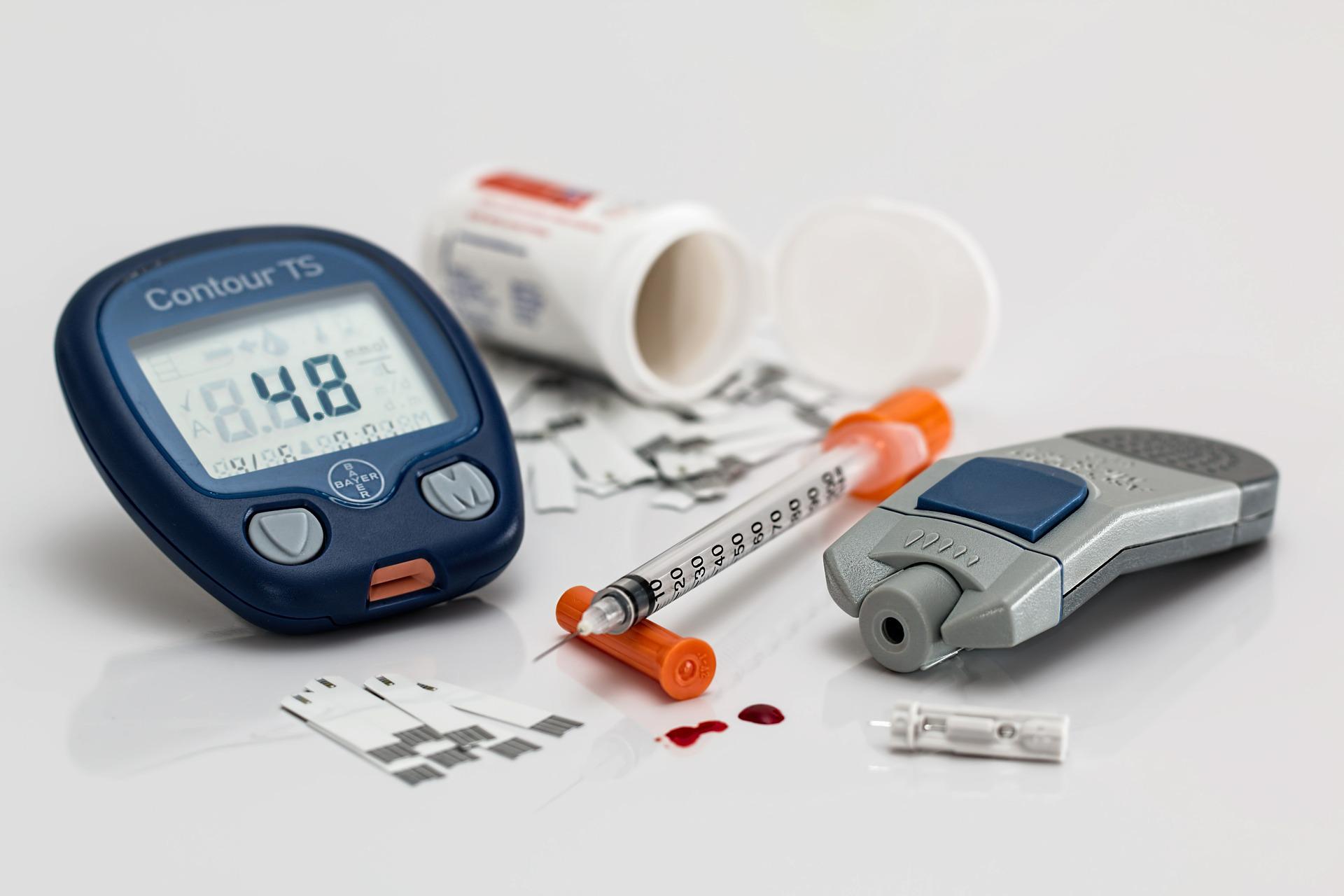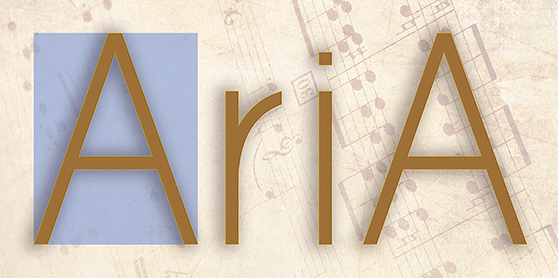A common occurrence, you get sick and then - cold, chills and exhaustion overtake you. What lies behind the fever? And how does our body use the rise in temperature to help us recover? To start with, body temperature rises for a reason... Illnesses and the body's fight against them, all processes are always led by our brain.
In particular, the hypothalamus is the part of the brain that regulates body temperature: when we are perfectly healthy, it stays at 36.5/37°C.
As soon as we get sick, like the flu or a bad cold, our immune system goes into action and tries to beat the infection by raising the temperature. This is because heat kills or deactivates viruses and bacteria. As our body warms up, our temperature rises accordingly. If the temperature of a sick person exceeds 40.5 °C, the fever is called hyperpyrexia. But this usually only occurs with infectious diseases or intoxication.

Body temperature as a way of dealing with illness
Cold shivers are also a consequence of fever. In fact, the feeling of cold is nothing more than involuntary muscle spasms, rather than our body's attempt to fight the cold. Until the body reaches the temperature that the hypothalamus has set to fight the cold, we feel cold. For example, the hypothalamus thinks it needs 39 °C to fight the flu and the temperature has only risen to 38, shivering causes the muscles to contract to produce heat, so that the temperature rises a little more. Then, when the body reaches the right temperature, the feeling of cold goes away.
Diseases and the body's fight against them. Why do I feel worse in the evening?
Often the fever appears or rises at the end of the day, which is when the body's function controlling the immune system is activated. The immune system includes cells that specialise in destroying viruses and bacteria (also called killer cells).
Fever activates proteins that remove iron from the blood. The reason for this is that, bacteria cannot multiply if they lack iron. When we recover, iron returns to the blood. Protein is the most important chemical element of all living organisms.
When we have a fever, we start to feel tired, exhausted and have no appetite. This is also a trick of our amazing body. In fact, the purpose of these feelings is to make us rest so that we don't waste energy on anything (the body needs energy to fight infection) or on the complicated process of digestion..



 and then
and then 
